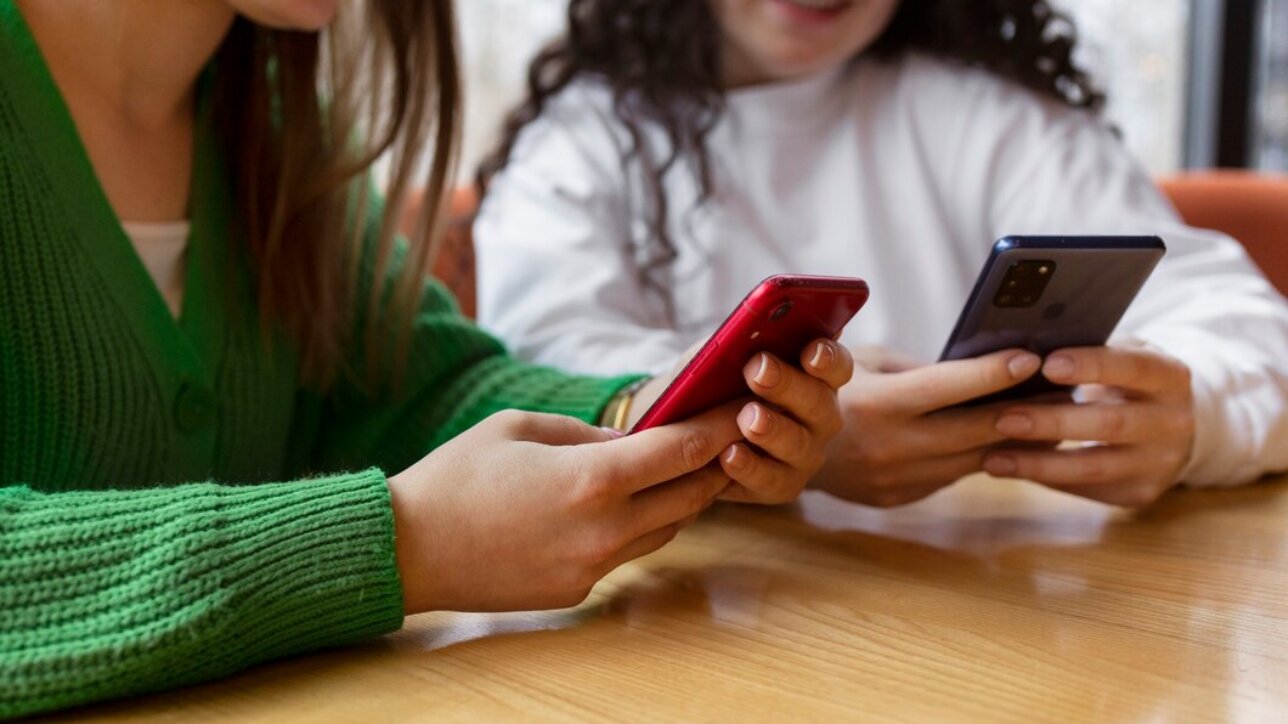Smartphones have become indispensable tools in modern life, revolutionizing communication, productivity, and entertainment. In an increasingly digital age, smartphones have become essential tools in the lives of young people, providing a means of communication, socialisation, and a sense of personal safety. Yet, there is growing evidence that excessive use of smartphones and social media can impact wellbeing and mental health, leading to challenges such as disengagement, distraction, and heightened anxiety. At Kingsley, we believe in taking a measured and informed approach to this issue, balancing the benefits of technology with the need for healthy habits.
Understanding the Effects of Smartphone Use on Young People
Studies show a clear connection between high levels of screen time and negative effects on wellbeing. According to recent data, young people who spend over three hours a day on social media are at a significantly higher risk of mental health issues, including feelings of loneliness and symptoms of depression. Frequent smartphone users often report feeling less satisfied in face-to-face interactions. Relying on virtual communication can reduce the depth and quality of personal relationships: excessive smartphone use in social settings—such as checking notifications or scrolling through feeds during a conversation—can damage relationships, leading to feelings of neglect among friends and family.
Disagreements and conflicts in families may arise over screen time limits, leading to tension between parents and young people. Navigating this issue thoughtfully and collaboratively is essential to maintaining positive family relationships and supporting the wellbeing of all involved.
Smartphones can also affect academic engagement, as frequent notifications and digital distractions hinder focus and concentration. For example, research indicates that students who check their phones frequently during study sessions may experience a 20-30% decline in productivity, as they struggle to refocus on their tasks. Just knowing that smartphones are nearby and thinking about notifications and messages etc. can have a detrimental effect on concentration and engagement in learning activities.
Smartphones can have complex effects on mental health. Overuse, especially on social media, has been linked to increased anxiety, depression, and low self-esteem. The tendency to compare oneself to idealised images or lifestyles displayed online can result in dissatisfaction and negatively affect self-image. Additionally, smartphones can contribute to poor sleep patterns, as exposure to blue light and the constant temptation to check notifications often lead to interrupted or inadequate sleep, further impacting mood and mental well-being.
Taking a Measured Approach at Kingsley
At Kingsley, we recognise that smartphones have benefits for young people, including the ability to communicate with family, coordinate plans with friends, and access online resources. We understand that smartphones are an important part of modern life, and rather than view them as inherently problematic, we believe it is how they are used that matters. It is also important to consider overall screen time, which can encompass many activities beyond smartphone use, such as watching TV, playing video games, or using computers.
To support our students in developing healthy habits, we are committed to educating them about mindful and measured smartphone use. Through a collaborative approach that involves students, parents, and educators, we aim to promote healthy digital habits while respecting the role that technology plays in young people’s lives.
Our Plan for Supporting Healthy Smartphone Use
Currently, we are gathering insights from various perspectives in the Kingsley community. We have conducted surveys amongst students, parents and staff and we are busy analysing the data from these. We are encouraging further student feedback via Student Voice sessions and holding parent workshops to understand more fully the experiences, challenges, and preferences of those involved. By listening to our community, we can make informed decisions that align with our core values: building community, acting with kindness, aiming for excellence, and creating opportunities for growth.
This measured approach will help us determine the best practices for guiding smartphone use among our students. Our goal is not to restrict all technology all of the time, but rather to foster awareness, self-regulation, and open communication around smartphone habits. We believe that educating students on balanced digital practices will help them build resilience, maintain focus, and enjoy positive relationships—both online and offline.
In conclusion, while smartphones and social media offer many opportunities, it is crucial to approach their use thoughtfully. Through a balanced, data-informed, and community-driven approach, Kingsley will work to create an environment that supports the wellbeing of our students, preparing them to navigate the digital world with confidence and care.
Article written by: Ms Dawn Morgan, Deputy Head (Wellbeing and Pastoral)

